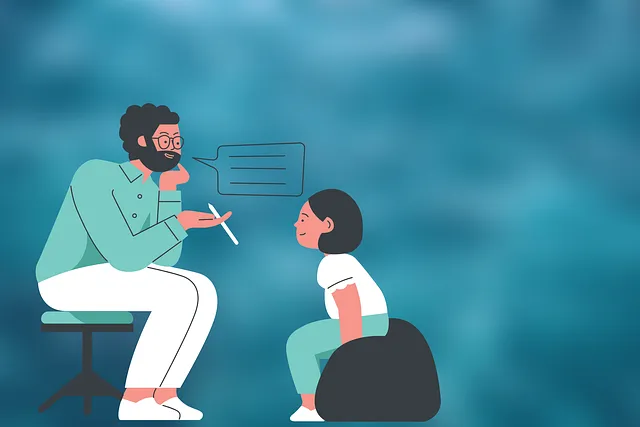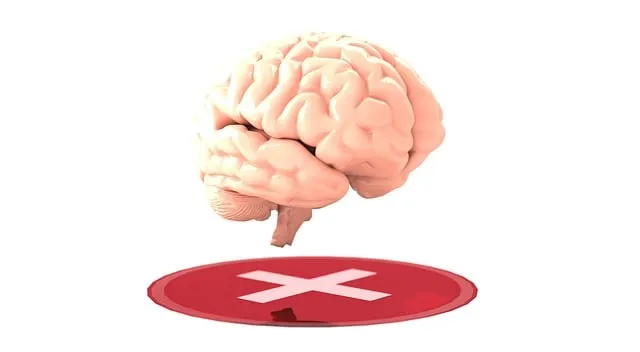Arvada Kaiser Permanente mental health locations prioritize cultural sensitivity to deliver effective care across diverse communities. By acknowledging and respecting unique beliefs, values, and practices, they tailor services for patients with varied racial, ethnic, religious, and socioeconomic backgrounds. This approach involves robust Mental Health Policy Analysis, Empathy Building Strategies, and Self-Esteem Improvement techniques, ensuring open communication and enhanced therapeutic relationships. Trained healthcare providers adapt their practices to respect cultural elements, creating safe and inclusive environments that promote healing and growth.
In an increasingly diverse society, cultural sensitivity is paramount in mental healthcare. This article explores the intricate interplay between cultural diversity and mental well-being, focusing on the unique challenges faced by communities within Arvada Kaiser Permanente mental health locations. We delve into the significance of cultural sensitivity, examining various cultural perspectives and the barriers—from language to systemic issues—that hinder access to care. By implementing evidence-based strategies, such as cultural competency training and tailored service models, we can foster inclusive practices that enhance patient engagement and outcomes for all.
- Understanding Cultural Diversity in Mental Healthcare
- – Exploring the significance of cultural sensitivity in mental health practice
- – Examining the various cultural groups and their unique perspectives on mental well-being
Understanding Cultural Diversity in Mental Healthcare

In the diverse communities served by Arvada Kaiser Permanente mental health locations, understanding cultural diversity is paramount to delivering effective care. Cultural sensitivity involves recognizing and appreciating the unique beliefs, values, and practices that shape individuals’ experiences of mental health and well-being. This includes embracing the wide range of racial, ethnic, religious, and socioeconomic backgrounds among patients, many of whom may have distinct approaches to seeking help and expressing emotions. For instance, some cultures prioritize collective family support over individual therapy, while others embrace alternative healing practices alongside conventional treatments.
A robust Mental Health Policy Analysis and Advocacy is crucial to ensuring that services are accessible and tailored to these diverse needs. Empathy Building Strategies play a vital role in bridging cultural gaps, fostering open communication, and promoting Self-Esteem Improvement among patients from various backgrounds. Healthcare providers must be trained to suspend judgment, actively listen, and adapt their practices to respect and incorporate cultural elements that enhance therapeutic relationships and outcomes.
– Exploring the significance of cultural sensitivity in mental health practice

In the diverse communities served by Arvada Kaiser Permanente mental health locations, cultural sensitivity is more than a preference—it’s a necessity. Understanding and respecting individuals’ unique cultural backgrounds, beliefs, and values can significantly impact the effectiveness of mental health treatments. For example, what constitutes mental illness and appropriate coping mechanisms varies across cultures, influenced by historical, social, and religious factors. A therapist who is culturally sensitive can create a safe, inclusive environment that encourages open communication, fostering trust and engagement.
This sensitivity plays a pivotal role in helping clients from diverse backgrounds address challenges related to Self-Esteem Improvement and Positive Thinking. By incorporating Self-Awareness Exercises tailored to individual cultural contexts, therapists promote healing and growth. It ensures that treatment plans are not just universally applied but specifically adapted to resonate with each client’s lived experiences, ultimately enhancing the overall mental health and well-being of individuals served by Arvada Kaiser Permanente.
– Examining the various cultural groups and their unique perspectives on mental well-being

Understanding cultural sensitivity in mental healthcare involves recognizing that diverse communities have unique perspectives on well-being and illness. At Arvada Kaiser Permanente mental health locations, for instance, practitioners encounter individuals from various ethnic backgrounds, each bringing their own cultural frameworks to discussions about mental health. Some cultures emphasize collective well-being and spiritual practices as key components of healing, while others prioritize individual expression and western therapeutic models. This diversity necessitates a nuanced approach, encouraging mental health professionals to explore and incorporate Mind Over Matter Principles in their practice.
A thorough Mental Health Policy Analysis and Advocacy is crucial for addressing these cultural disparities. By integrating knowledge about Self-Care Routine Development for Better Mental Health tailored to diverse communities, healthcare providers can foster inclusive environments that respect and honor individual beliefs. This holistic understanding not only enhances the effectiveness of treatment but also builds trust between patients and providers from various cultural backgrounds.
Cultural sensitivity is a cornerstone of effective mental healthcare, especially at Arvada Kaiser Permanente mental health locations. By recognizing and appreciating the diverse perspectives on well-being held by various cultural groups, practitioners can create inclusive environments that foster trust and improve outcomes. Understanding these nuances is essential in ensuring that everyone receives personalized care that respects their unique background and experiences. Incorporating cultural sensitivity into practice benefits both patients and providers, ultimately enhancing the overall mental health landscape.
